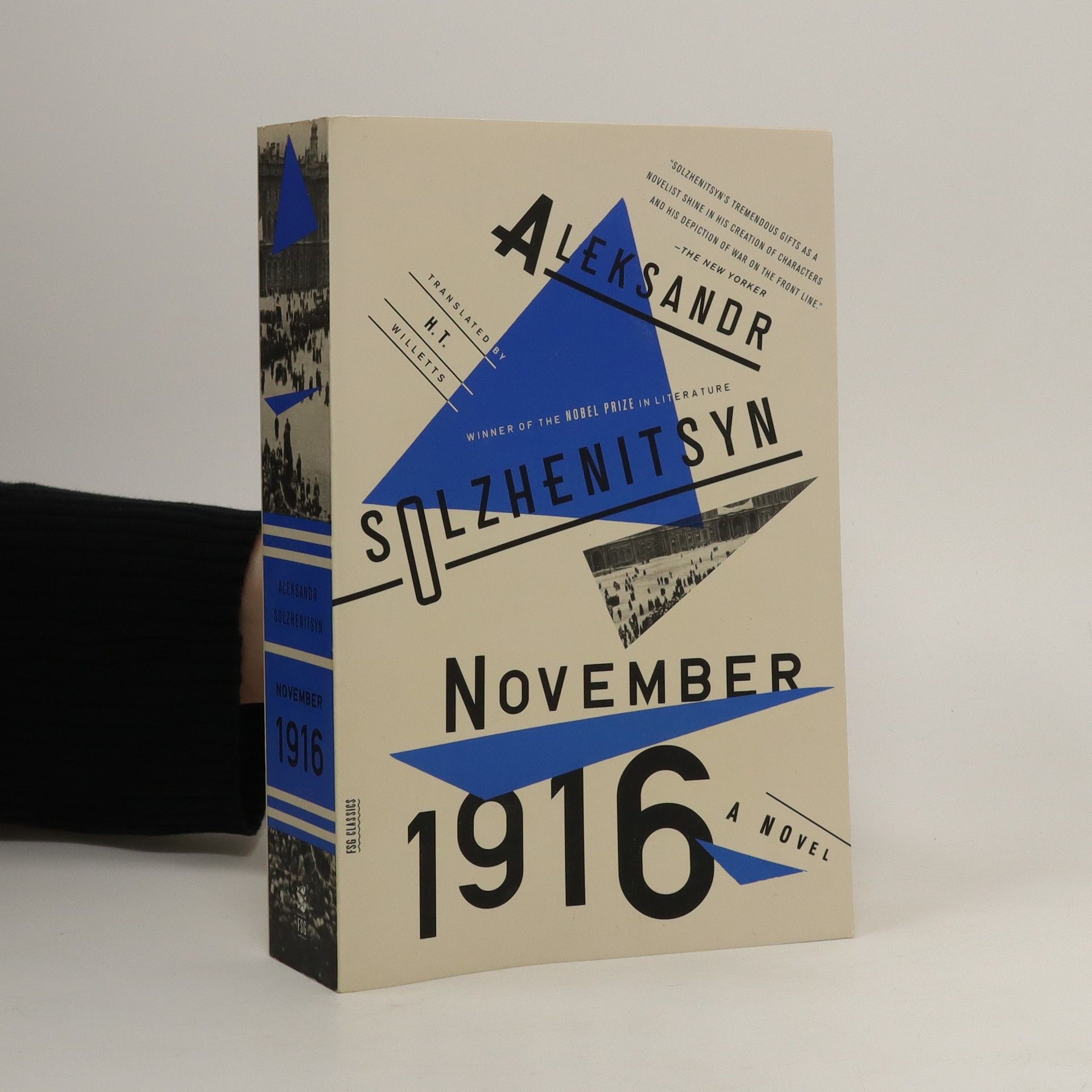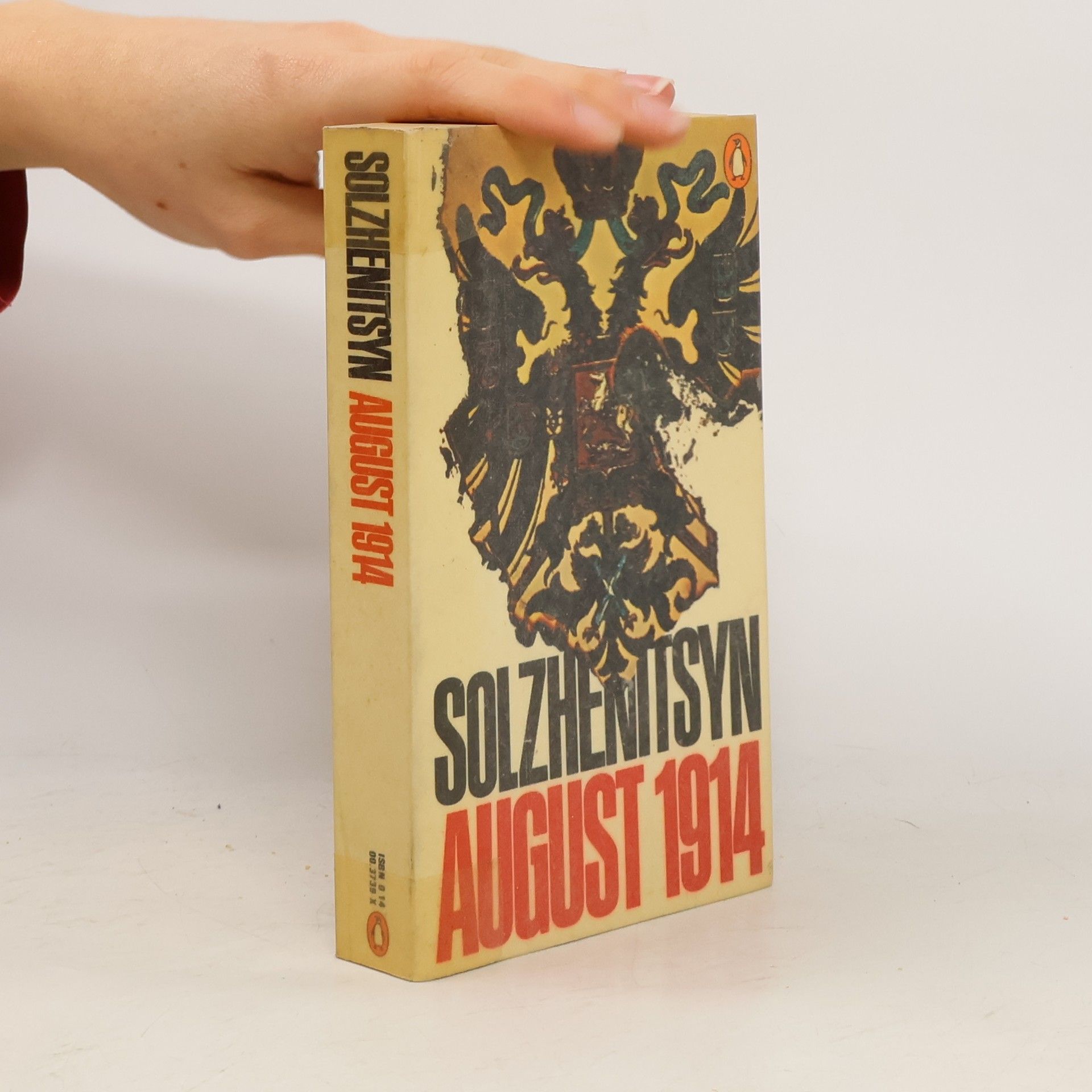A historical novel about the defeat of the Imperial Russian Army at the Battle of Tannenberg in East Prussia.
The Red Wheel Series
This monumental saga delves into pivotal moments of Russian history, focusing on the tumultuous years leading up to and encompassing the Revolution. It reconstructs critical events, such as the assassination of Prime Minister Stolypin, portraying the complex interplay of characters amidst profound societal upheaval. The series offers a dramatic and deeply reflective examination of Russian historical turning points and their consequences. Expect an epic narrative rich with political intrigue, personal dramas, and sweeping social transformations.


Recommended Reading Order
November 1916
- 1040 pages
- 37 hours of reading
In time for the centenary of the beginning of the Russian Revolution, a new edition of the Russian Nobelist's major work The month of November 1916 in Russia was outwardly quiet—the proverbial calm before the storm—but beneath the placid surface, society seethed fiercely. In Petrograd, as St. Petersburg was then known, luxury-store windows are still brightly lit; the Duma debates the monarchy, the course of war, and clashing paths to reform; the workers in the miserable munitions factories veer toward sedition. At the front, all is stalemate, while in the countryside sullen anxiety among hard-pressed farmers is rapidly replacing patriotism. In Zurich, Lenin, with the smallest of all revolutionary groups, plots his sinister logistical miracle. With masterly and moving empathy, through the eyes of both historical and fictional protagonists, Solzhenitsyn unforgettably transports us to that time and place—the last of pre-Soviet Russia. November 1916 is the second volume in Aleksandr Solzhenitsyn's multipart work, The Red Wheel. This volume concentrates on a historical turning point, or "knot," as the wheel rolls inexorably toward revolution.